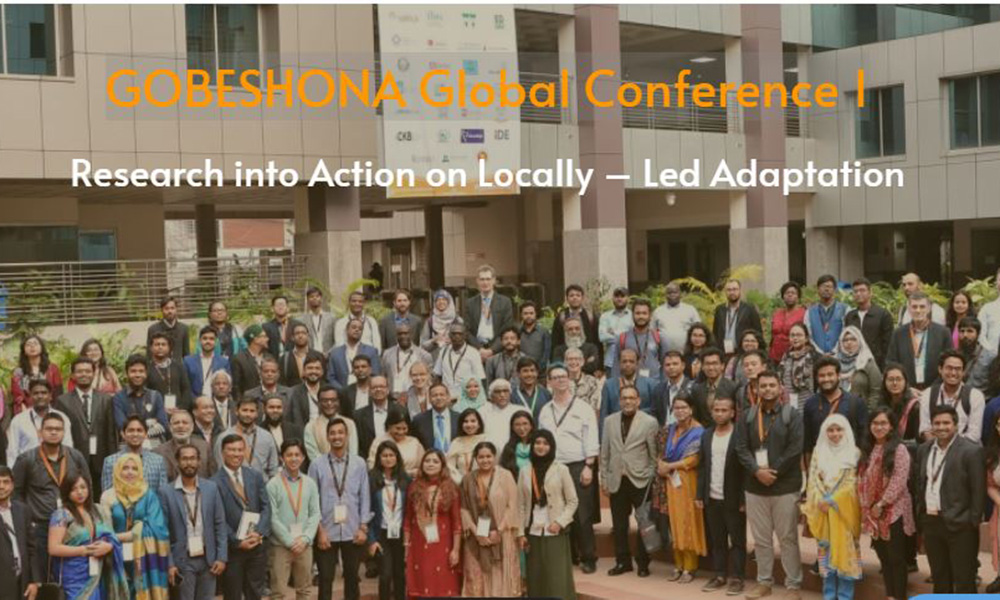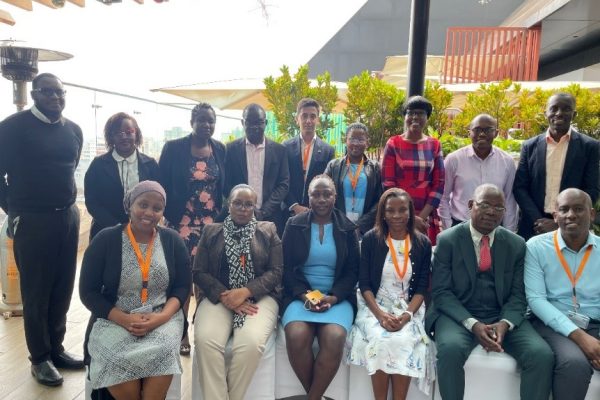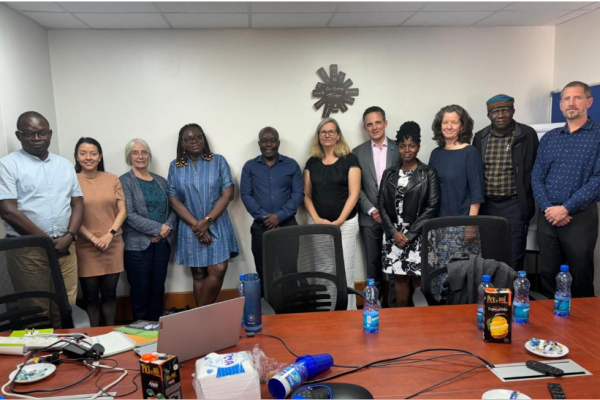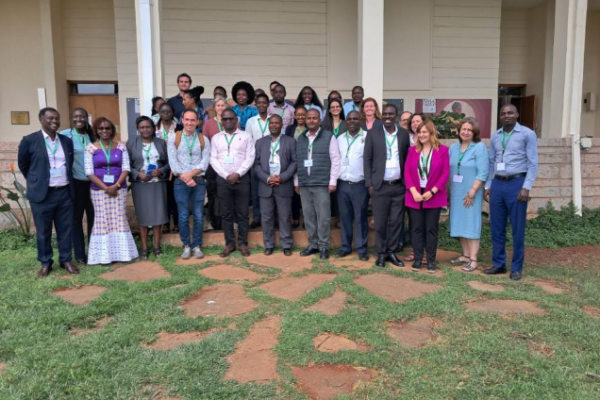On the 20th of January 2021, The Africa Research and Impact Network (ARIN), together with The Nairobi Risk Hub, collaborated with the University of Kwazulu-Natal in co-hosting a session on Cities and Urban resilience during the first Gobeshona Global Conference led by ICCAD-Bangladesh. The session brought together a rich group of scholars, policy-makers, researchers and practitioners from across the globe who together shared their knowledge, practical experiences and research in Locally Led Adaptation (LLA) for cities and urban resilience. The online conference attracted an audience from various geographical regions, and granted the presenters and panelists an opportunity to share their research and experiences on a global scale.
This session allowed researchers, practitioners and supporters of Locally Led Adaptation in cities and urban resilience to focus on learning, assessing progress at local (community and city) levels, as well as translating the lessons for national, regional and global policy discussion. The session laid foundation for tracking of future progress. Some of the key lessons included: co-production of knowledge and evidence for policy action, and integrated policy approach critical to building resilience for the urban poor in African cities.
Further, the need to interrogate context specific complexities that generate evidence to inform integrated disaster management, and enhanced resilience amongst the urban poor in cities was highlighted. This can be done by co-creating evidence based local solutions to multiple hazards and risks in cities. Across the different geographical regions present, the clarion call was to carry out Actionable Research that can inform effective policies, and evidence-based climate action in all spheres of life.




